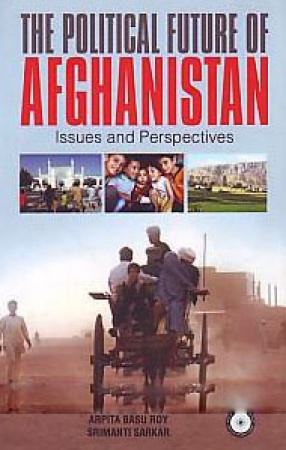
Afghanistan

89 books
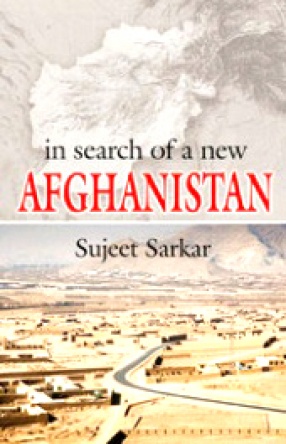
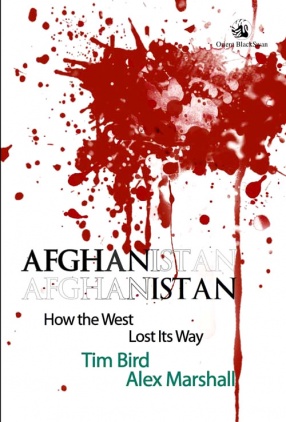

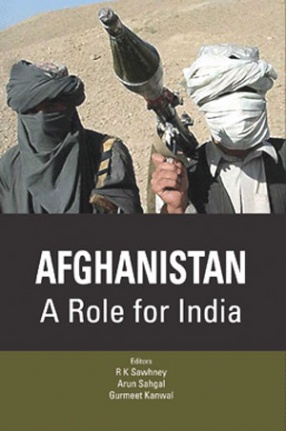
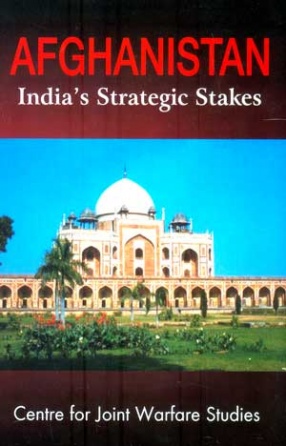
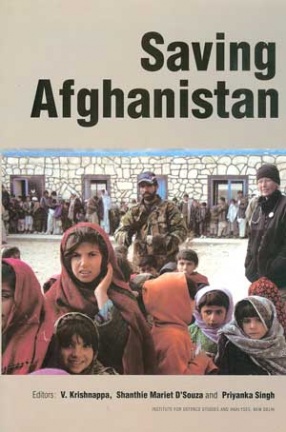
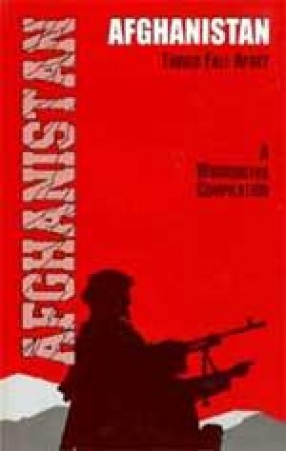

This compendium of 17 papers attempts to analyse the different political dimensions of Afghanistan. Critically examining the functioning of the present political arrangement in Afghanistan, it gazes into the possible alternative political scenarios, factoring in the role of various stakeholders such as the different ethnic groups, the insurgents, the warlords, and the traditional political institutions in Afghan society.
Also it discusses options like federalism ...
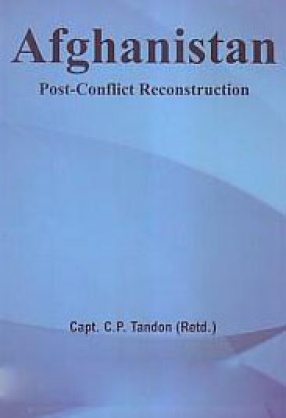
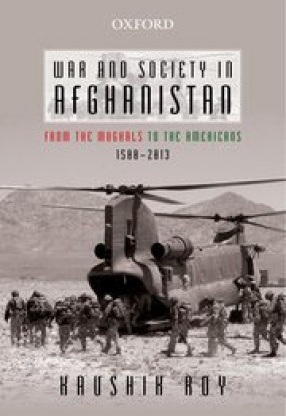
Over the last five centuries, Mughals, British, Soviets, and Americans won many conventional campaigns in Afghanistan but were not very successful in the unconventional ones. Taking a comprehensive view of the troubled history of the region, and with a narrative revolving around three interrelated concepts—weak state, great power rivalry, and counter-insurgency—this book provides a political and military account of war in Afghanistan, both ...

Where is present-day Afghanistan heading? Will the dream of a new and stable Afghanistan, elude the international community, and more importantly its own denizens, forever? On the eve of departure of the Western forces, in the midst of a resurgent Taliban and growing speculation around the stability of this country, In search of a New Afghanistan takes an incisive look into Afghanistan, with an attempt to apprise the international audience about into ...

In this compelling book, Tim Bird and Alex Marshall ask how and why the international community has so signally failed to achieve its objectives in Afghanistan. They trace the story from the hurried post-9/11 decision to invade onwards, explaining how ambitious development plans failed to bear fruit, how muddled Western policies allowed Afghans to grow more opium poppies than ever before-and how, despite all promises, life has become worse rather than better for ...
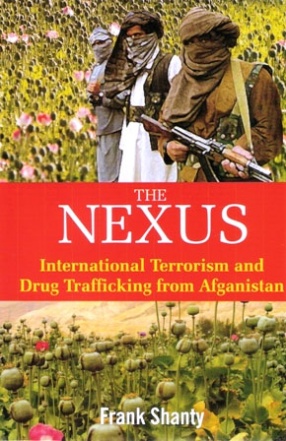
The Nexus: International Terrorism and Drug Trafficking from Afghanistan addresses an issue that directly impacts the prospects for resolution of the current insurgency in that nation. Written by noted terrorism expert Frank Shanty, the book explores the nature and the extent of involvement between international criminal drug traffickers, particularly of drugs originating from Afghanistan, and international terrorist networks with global reach.
Shanty dispels the ...
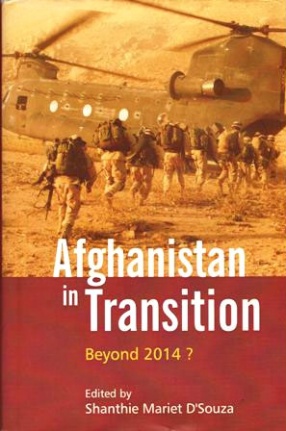
Afghanistan is at a cusp of change. As 2014 the date for the drawdown of international forces draws near the international community is confounded by the complexities of an effective inteqal transition as by the modalities for ensuring it.
This book brings together varied Afghan voices to set the agenda, address critical gaps in the ongoing inteqal process 2012-14 and suggest alternate course of action by setting a forward looking agenda beyond 2014. The strength ...
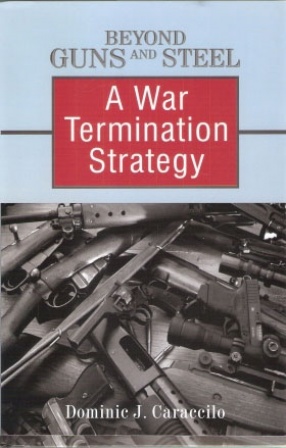
The necessity of a plan for conflict resolution should be intuitively obvious for policymakers, yet a survey of recent conflicts, including Afghanistan and Iraq, shows that not to be the case. Beyond Guns and Steel: A War Termination Strategy provides a practical approach to establishing a plan for war termination and conflict resolution before the bullets fly.
In explaining the difference between strategy and policy, Colonel Dominic J. Caraccilo clarifies the ...

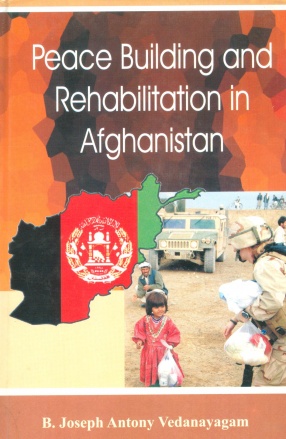
Afghanistan, the sick man of Asia, is ravaged by three decades of incessant conflicts and civil war. It gained international notoriety afterworld trade Centre attacks by Al-Qaeda and Taliban. US and NATO-led forces intervened in Afghanistan and situation worsened there. The Afghans living in Afghanistan lead a miserable life yearning for peace and millions have migrated during the war caused by the two global super powers namely USSR and United States of America. ...

The Af-Pak region is perceived as the base of global and regional terrorism, with the presence of international terrorist groups such as the Al Qaeda, Taliban, Lashkar-e-Taiyyaba, Jaish-e-Mohammad and other UN proscribed non-state actors as Jamaat-ud Dawa. Hence, stability in the Af-Pak region is of vital interest to India. A stable Afghanistan also relates to India’s immediate foreign policy goals of a peaceful periphery, good relations with neighbours, ...
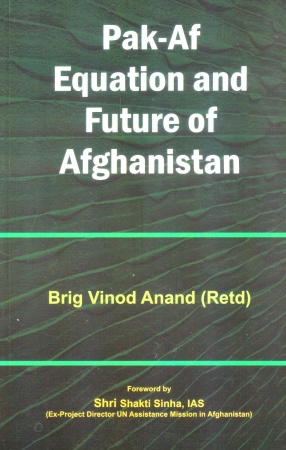
After nine years of the current phase of war and conflict in Afghanistan that began in the wake of 9/11 terrorist attacks there seems to be no solution in sight. This book's first section examines Pakistan's role in Afghanistan and postulates that there has been no fundamental change in Pakistan's role in respect to Afghanistan since last six decades. The second section looks at the dominant drivers of the current situation and gazes in the future to arrive at ...
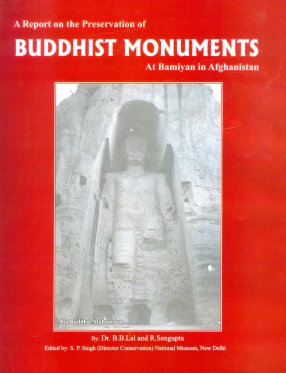
This book presents the result of the work done by a team of Indian archaeologists in Bamiyan, Afghanistan, under a cultural agreement between the Indian and the Afghan governments, to help in the preservation of the disintegrating Buddhist monuments in that place. This systematic study with many illustrations surveys a broad range of aspects relating to preservation of the monuments. It begins with the history of Bamiyan and discusses the broad problems involved ...

This is a scientific Net Assessment of the situation in Afghanistan and India’s critical security stakes in this region. A Taliban take-over in Kabul could cause the dominoes to fall not only in Central Asia but also in Pakistan- a recipe for security disaster for the region. This study analyses the drives of change.The Afghan War has been grossly under- resourced for far too-long. Using the Cross Impact Matrix Analysis Technique, the panels of experts have ...
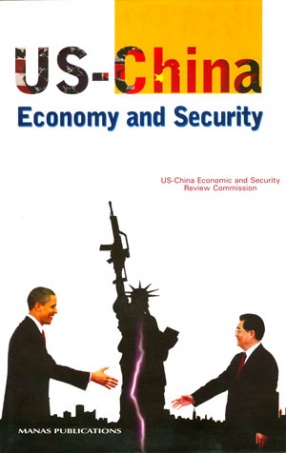
Sino-American relations refer to international relations between the People’s Republic of China (PRC) and the United States of America (USA). Most analysts have characterized present Sino-American relations as complex and multi-faceted, with the United States and the People’s Republic of China being neither allies nor enemies. Generally, the U.S. government and military establishment do not regard the Chinese as an adversary, but as a ...
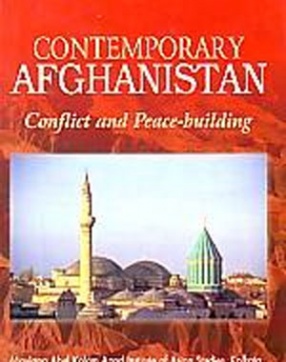

This book is about the future of Afghanistan which seems to be rapidly slipping into chaos. It contains perspectives on counter-insurgency and nation-building in Afghanistan. The expert contributors in this book focus on some key issues like, the character of the conflict in Afghanistan; the role of regional actors; the nature of engagement of the US and its allies; the assessment of the future course of action by major actors and the role played by INGOs and the ...
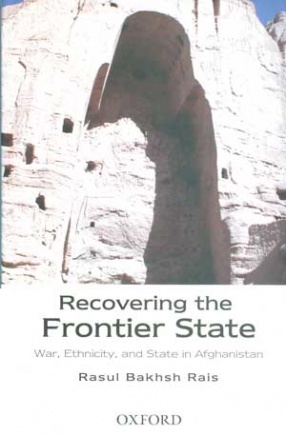
This book examines the prospects for rebuilding state and nation in Afghanistan with regard to “Operation Enduring Freedom' currently being undertaken by the international coalition. It starts by delineating the conceptual basis of Afghanistan's status as a frontier state. Looking at geo-strategic aspects, Afghanistan's position as an historical buffer between empires, and its internal characteristics-weak authority structure, internal ...
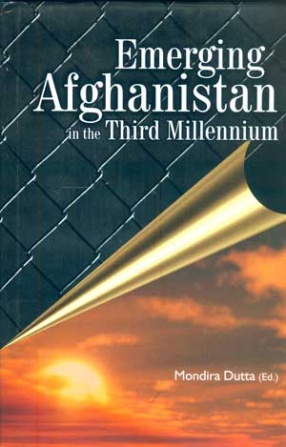
This book essentially draws on a collection of articles presented at the two day International Conference on "Reconstruction Process in Afghanistan," held in New Delhi, on April 23-24, 2008. The conference was sponsored by the Ministry of External Affairs and Jawaharlal Nehru University, New Delhi and was attended by scholars, activists, NGOs practitioners, government officials, Diplomats, Ambassadors and the Ministry of External Affairs. Covering a ...

Further historians may well conclude that the Taliban victory did more to change the world than the violence between Israelis and Palestinians. The Taliban have come to power in one of Asia’s most strategically located countries with one single-minded aim: to redeem the entire Islamic world of one billion people. Two million people – one tenth of this country’s pre-war population – have been killed during the past 18 years. Another 1.5 million are ...
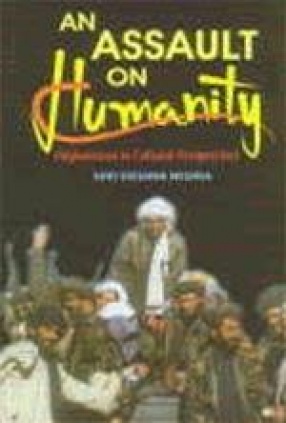
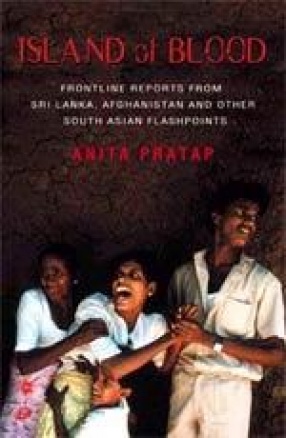
Island of Blood is a distillation of the experiences and insights of one of the finest journalists India has ever produced. During the eighties and nineties, when the Indian media rarely ventured into flashpoints like Sri Lanka and Afghanistan, Anita Pratap braved the odds to send in reports from the front, over and over again. War, ethnic conflict, earthquakes, cyclones and droughts, wherever there was a story to be told, she would track it down. First in India, ...
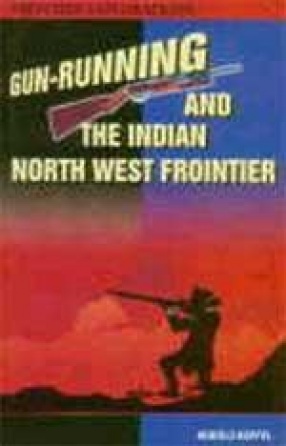
With the emergence of two rival European powers—Tsarist Russia and Britain in Asia, Afghanistan turned into the centre-piece of the ‘Great Game’ played by the two powers during the nineteenth century. Both the powers desired to extend their influence upto Afghanistan and beyond in Central Asia without in any way getting involved into any direct clash between each other. In the mean time, the supposed Franco-Persian threat to India and Afghanistan led the ...

